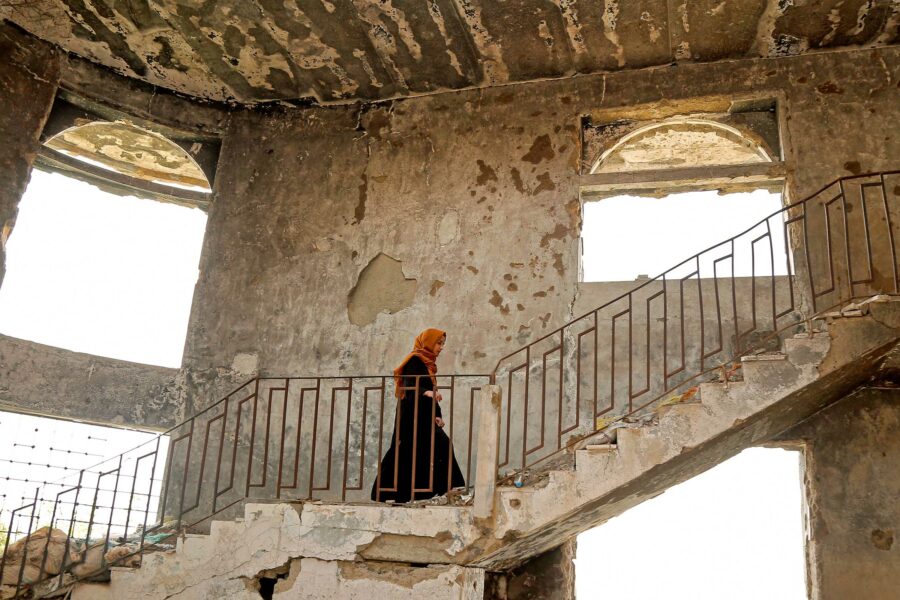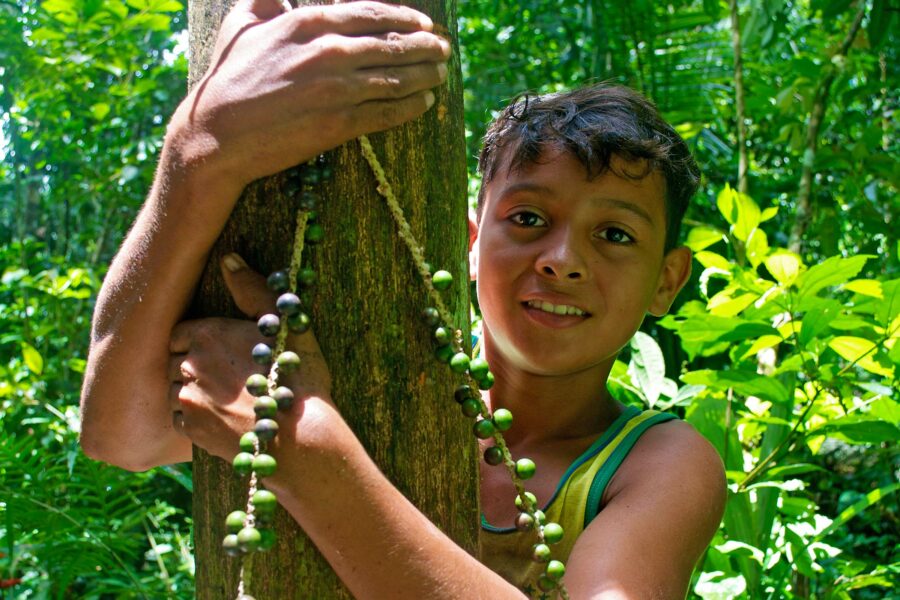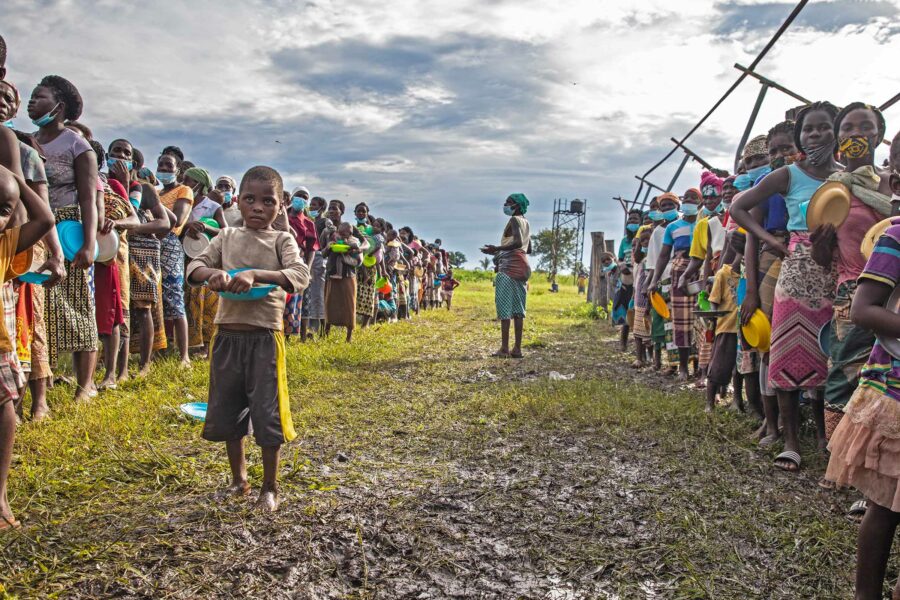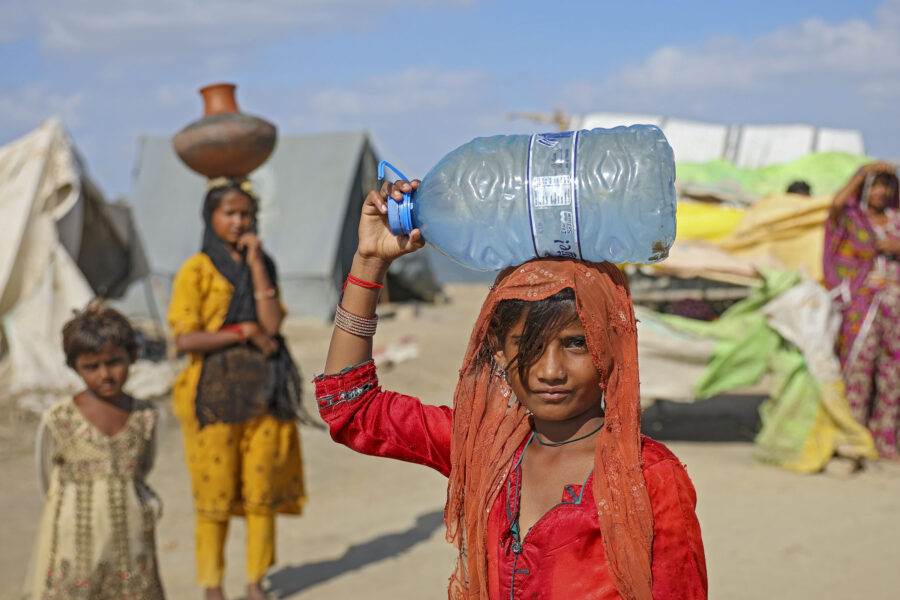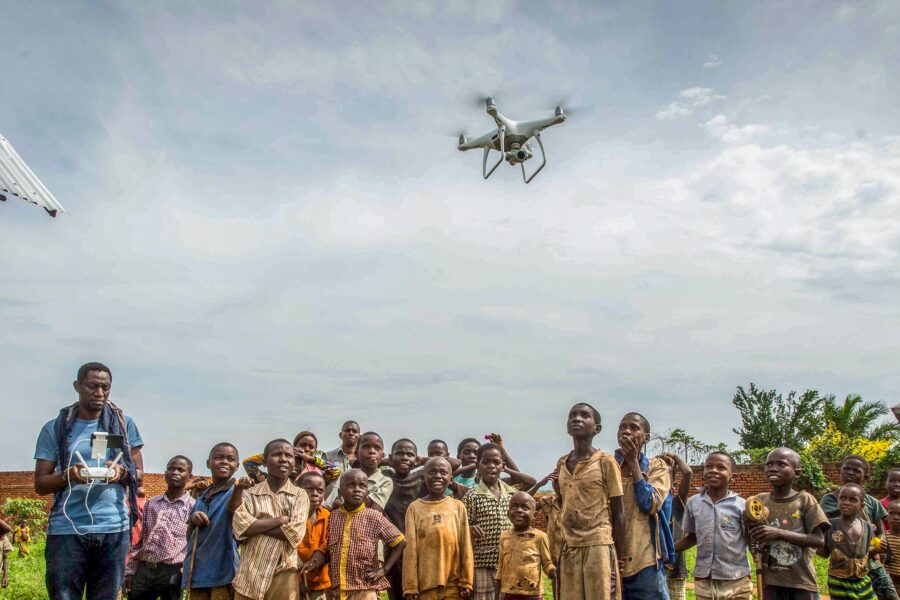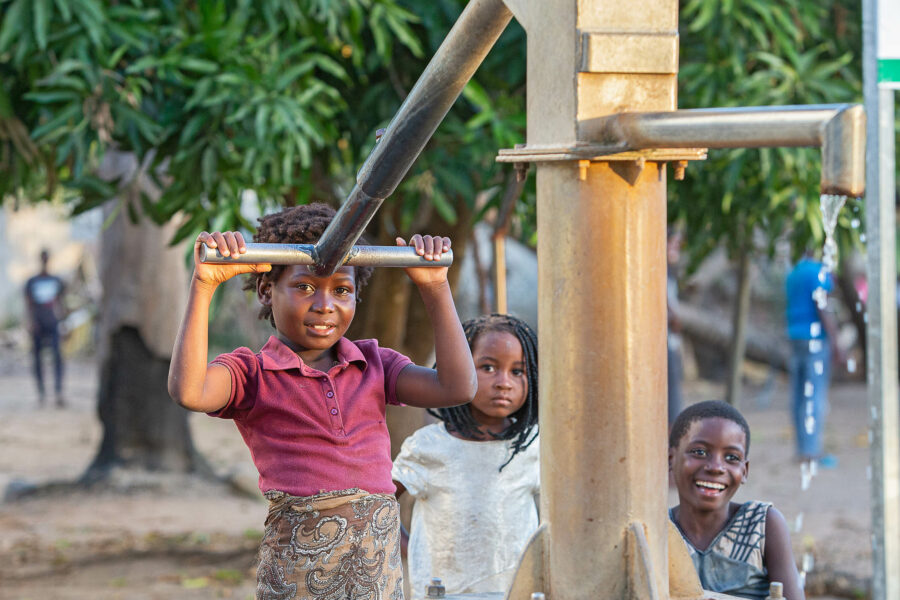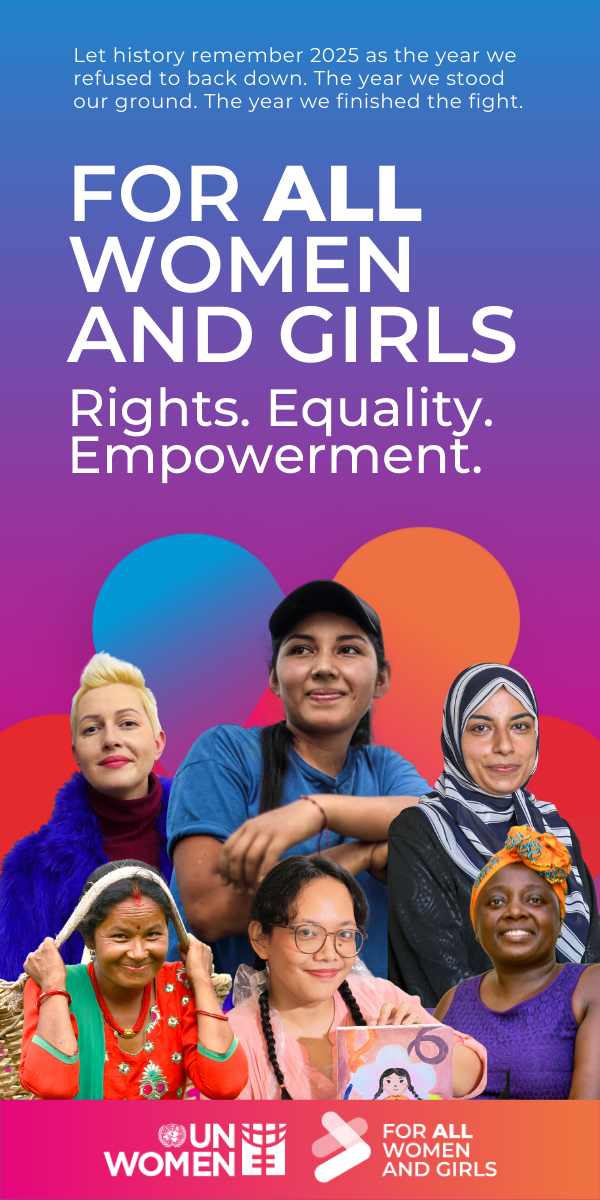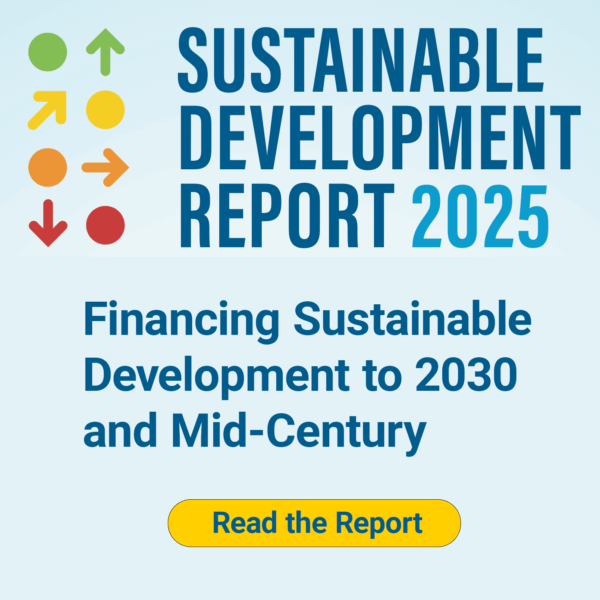Can AI help us achieve the SDGs?
Data and monitoring — Global
As momentum on the SDGs stalls, AI’s promise of exponential growth could offer much-needed rapid acceleration across the 2030 Agenda. To harness AI effectively, we must ensure it serves those most in need, and that all countries – not just those in the Global North – can tap into its development benefits






